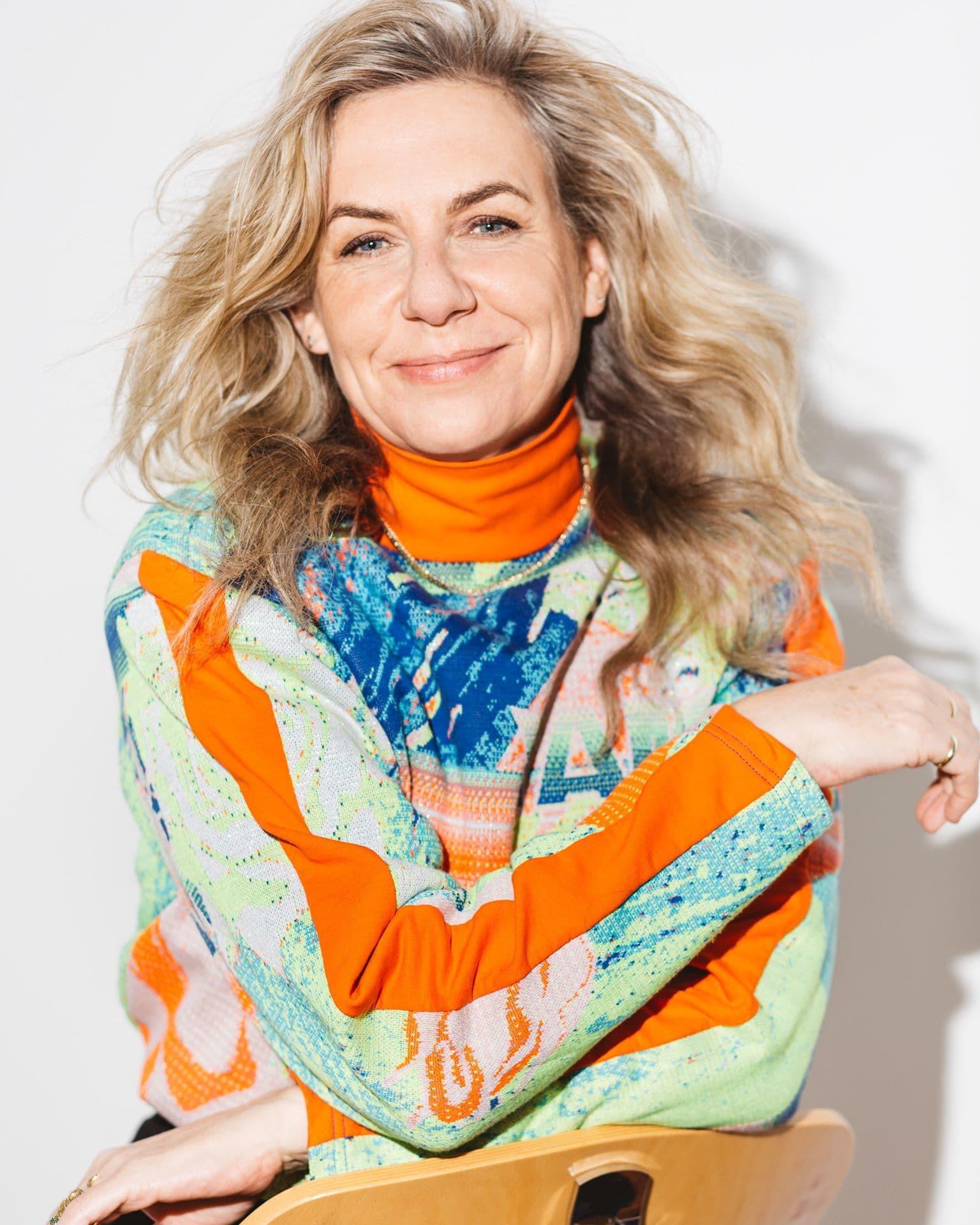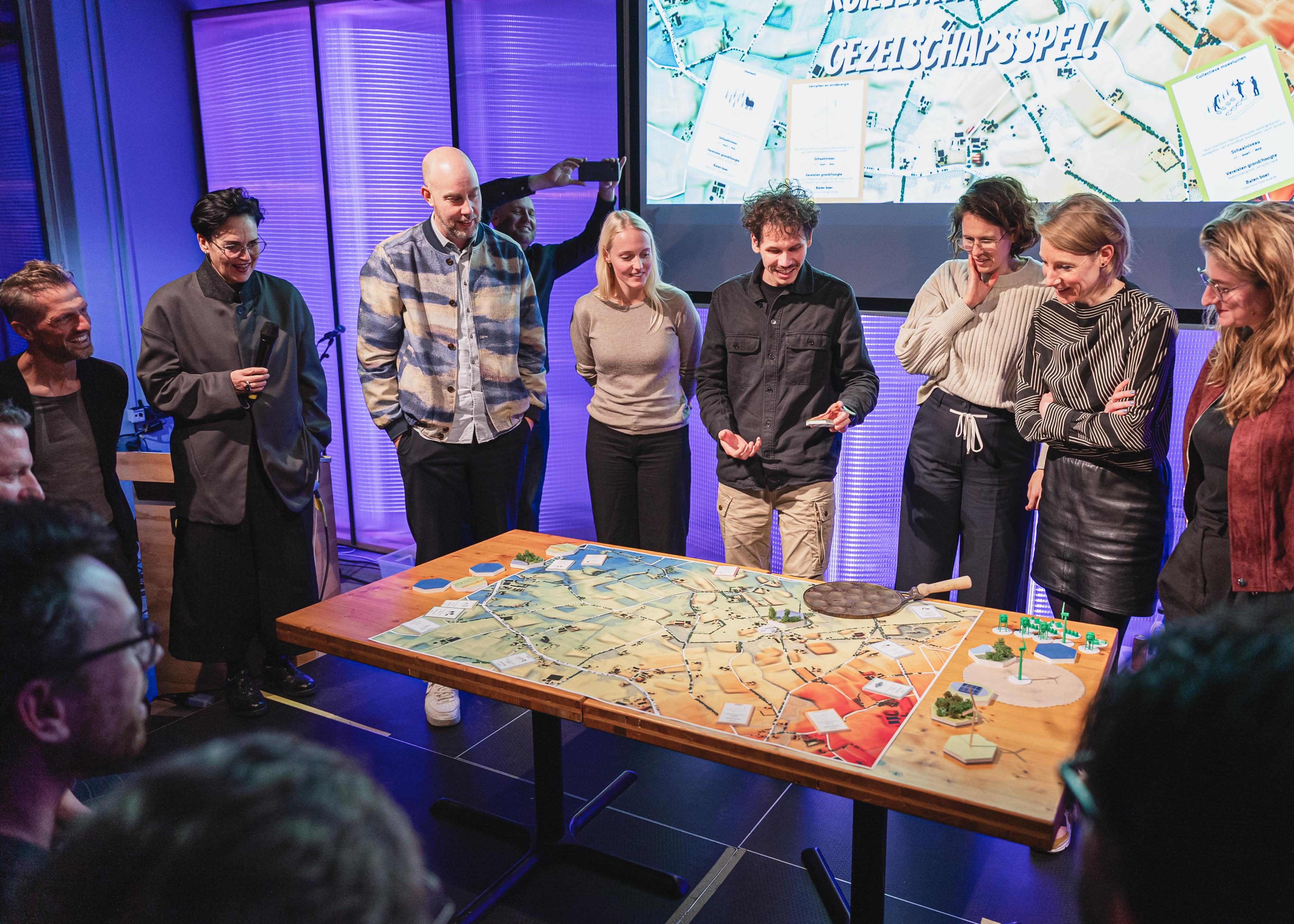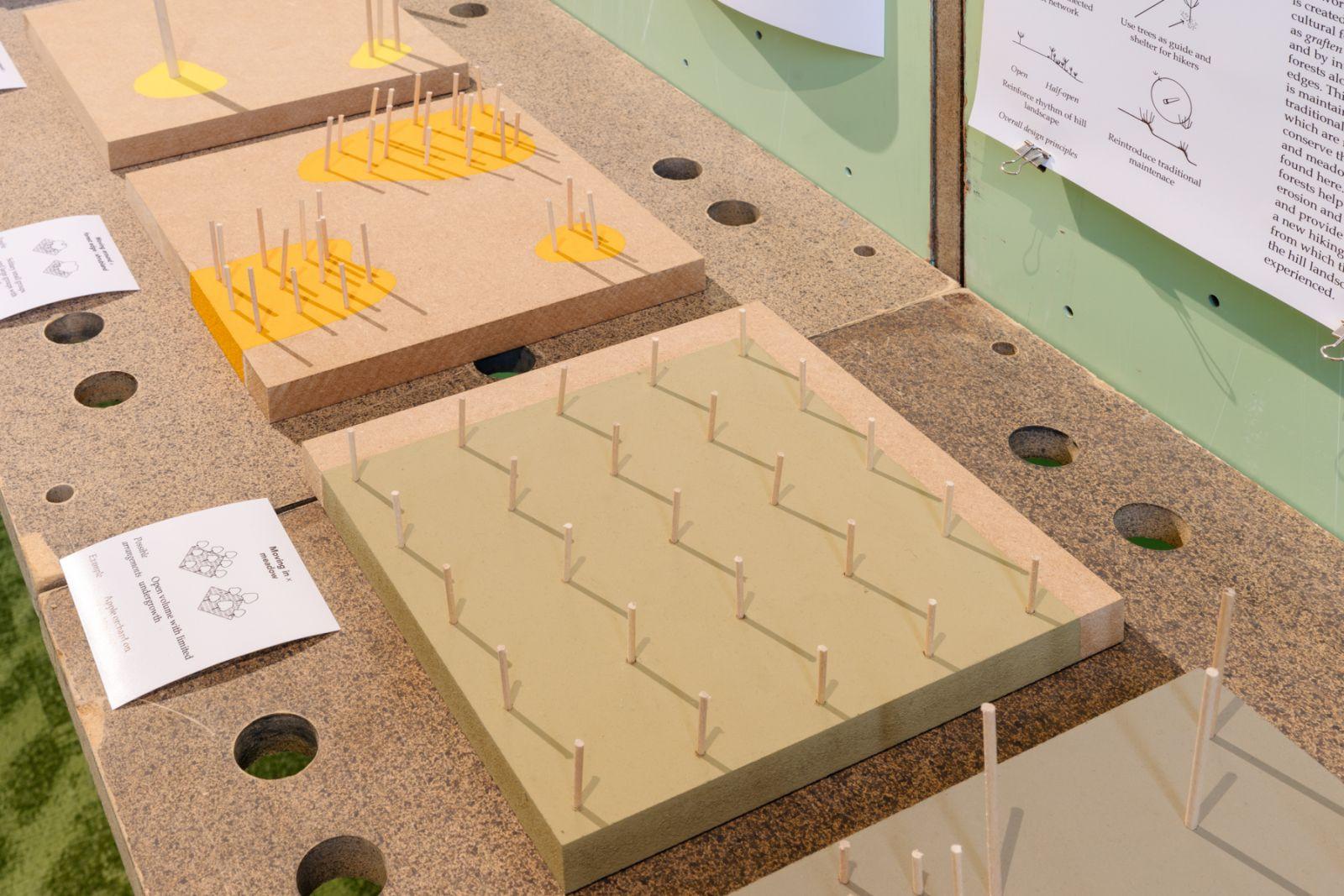Check the recording:
Videorecording
“When I think of Gaza, I envision a house full of life, 12 grandchildren rushing in on Fridays to eat maqluba, a family feast. I long to see Gaza depicted as a place of life, not just death and destruction. I crave this comforting illusion wrapped in wishful delusion.”
— Saja Amro, in 'Is there Poetry after Gaza?', a conversation with Merve Bedir, published in The Public Review, October 13, 2024
This evening seminar will explore the critical role of architecture, urban planning, and landscape design in the ongoing destruction and colonization of Palestine. The panel will explore the urgency of understanding how these disciplines have been employed as tools and aims to exchange knowledge and challenge the perceived neutrality of spatial professions. Architecture, urban planning, and landscape management have played a significant role since the Nakba in 1948, which has been marked by occupation, exploitation, destruction. displacement, and environmental degradation.
Beyond exploring these destructive processes, the seminar will also highlight the spatial practices and strategies of resistance that challenge colonization and strive for emancipation across Palestine and the broader region. Through expert insights and in-depth discussion, we will examine how architectural professionals can act in these times of mass destruction.
The evening will begin with performative talk and food gestures by architect and educator Saja Amro followed by lectures by Léopold Lambert, editor-in-Chief of The Funambulist and Nama'a Qudah, BK Scholars for Palestine. The evening and talks will be moderated by Ali T. Asad, researcher, architect, and editor-in-Chief of MAKAN Journal of Culture & Space.
We extend a special invitation to young architecture and design students, as well as architectural professionals, to join this conversation as we address the agency, responsibility, and accountability within the spatial realm, particularly in the context of ongoing atrocities.
This event is supported by the International Architecture Biennale Rotterdam (IABR) and the Independent School for the City, Rotterdam. It has been organized as part of a larger knowledge dissemination solidarity action being developed by an international group of committed spatial and/or cultural practitioners based in the Netherlands.
Speakers
Léopold Lambert is the editor-in-chief of The Funambulist. He is a trained architect, as well as the author of four books that examine the inherent violence of architecture on bodies, and its political instrumentalization at various scales and in various geographical contexts. He is the author of Weaponized Architecture: The Impossibility of Innocence (dpr-barcelona, 2012), Topie Impitoyable: The Corporeal Politics of the Cloth, the Wall, and the Street (punctum, 2016) and La politique du Bulldozer: La ruine palestinienne comme projet israélien (B2, 2016). His new book is called States of Emergency: A Spatial History of the French Colonial Continuum (Premiers Matins de Novembre, 2021).
Saja Amro is an architect, educator, and designer based between The Netherlands and Palestine. Her work investigates the influence of spatial design on social dynamics in education. In her practice, she disrupts traditional classroom structures, aiming to rebuild them on the principles of radical pedagogy. As a tutor at the Architecture Department of the Gerrit Rietveld Academie, Saja uses the classroom as a place to collaborate with her students and reimagine spaces inspired by popular education methodologies, and roots of indigenous cultures.
Nama’a Qudah is an interdisciplinary researcher, currently completing her doctoral studies at Delft University of Technology, at the architecture department as part of (Methods of Analysis and Imagination) group. Her research focuses on the architecture of displacement, particularly Palestinian Refugee Camps, with the help of methods from the fields of architecture, anthropology and creative writing. Nama’a obtained her bachelor’s degree in Architecture from the German Jordanian University and her master’s in Theory and Design from the University of Nottingham. Her professional career was divided between practice and academia, having worked between Germany, the UK and Jordan.
Yara Sharif is a practicing architect and academic employing design as a tool to rethink contested landscape with a new take on spatial practice. She co-founded Palestine Regeneration Team (PART) - and recently Architects for Gaza; a design-led research group that aims through speculative and live projects to search for creative and responsive spatial possibilities in a fragmented landscape. Yara’s work through research and design intersects to disrupt colonial power with its supremacy and hierarchy of knowledge production. Instead, she calls for an alternative narrative and expression in architectural and spatial practice that is inclusive for all.
About the series
The series delves into the spatial practices and strategies which resist colonization and work towards emancipation across Palestine and surrounding territories. It aims to exchange knowledge and challenge the perceived neutrality of spatial professions. Architecture, urban planning, and landscape management have played a significant role since the Nakba, which has been marked by occupation, exploitation and destruction. The knowledge sharing seminar will disseminate crucial knowledge on the complicity of architecture in politics, while the workshop (to be scheduled in early 2025) will provide an opportunity to critically examine the architect's current engagements. The ultimate goal is to collectively write a statement letter to Sigrid Kaag, UN Senior Humanitarian and Reconstruction Coordinator for Gaza pursuant to Security Council Resolution 2720 (2023).
These events are organized as part of a larger knowledge dissemination solidarity action being developed by an international group of committed spatial and/or cultural practitioners based in the Netherlands.
IABR gradient. Image: Studio Le Roy Cleeremans



